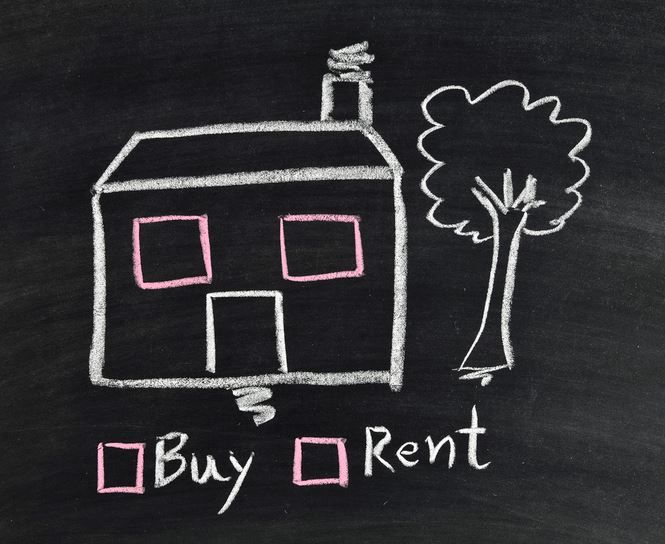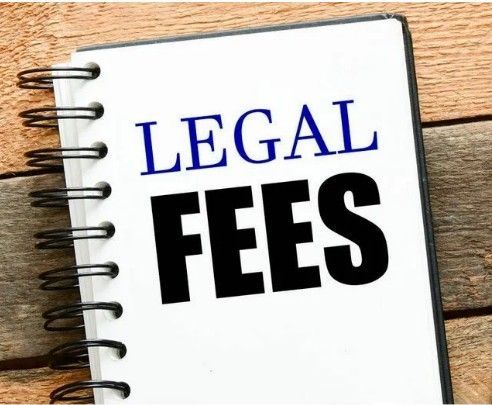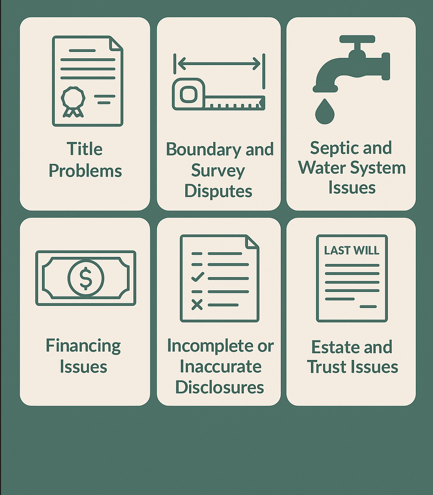At the Peet Law Group, we help Vermonters navigate the legal side of buying, selling, and owning residential real estate. One of the most common questions from first-time homebuyers and long-time renters alike is: "Should I keep renting, or is it time to buy a home?" The answer depends on your goals, finances, and long-term plans—but there are compelling advantages to homeownership that are worth considering.
Benefits of Owning a Home in Vermont
1. Building Equity Instead of Paying Rent
When you rent, your monthly payments go to your landlord. When you own, your mortgage payments help you build equity—ownership value in your home. Over time, this equity can grow, especially if home values in your area increase.
2. Stable Monthly Payments
With a fixed-rate mortgage, your monthly principal and interest payments stay consistent. Rent, on the other hand, can increase year after year, especially in competitive housing markets.
3. Tax Advantages
Homeowners may be eligible for certain tax deductions, including mortgage interest and property taxes. While tax benefits depend on your situation, they can reduce your overall tax burden and make homeownership more affordable.
4. Freedom to Personalize Your Home
Homeowners can renovate, decorate, and make changes without needing a landlord's permission. Whether it's painting a room or installing a new kitchen, owning gives you control over your living space.
5. A Long-Term Investment
Real estate is generally a sound long-term investment. While markets fluctuate, homes in Vermont have historically appreciated in value, making ownership a potentially rewarding financial decision over time.
When Does It Make Sense to Own Instead of Rent?
Owning a home isn’t the right decision for everyone—but here are situations where buying may make more sense than renting:
• You plan to stay in the area for several years. If you expect to live in one place for at least 3–5 years, owning typically makes more financial sense than renting.
• You have stable income and good credit. Lenders look for consistent income and a solid credit history. These factors will help you qualify for a mortgage at a competitive rate.
• You have enough for a down payment and closing costs. While some programs allow low down payments, it’s important to be financially prepared for upfront costs.
• You're ready to invest in long-term financial growth. Homeownership often builds wealth over time and gives you a tangible asset that renting cannot.
What If You're Not Sure?
At Peet Law Group, we understand that deciding whether to buy or rent a home is a major decision. Our Vermont real estate attorneys have helped thousands of clients evaluate their options and protect their interests when buying a home. If you’re thinking about making the leap from renter to homeowner, we’re here to guide you through the process with clear legal advice and flat fee pricing.
Ready to explore homeownership in Vermont?
Contact Peet Law Group today to schedule a consultation and take the first step toward owning your home.
Visit us at www.peetlaw.com or call our office to learn more.











